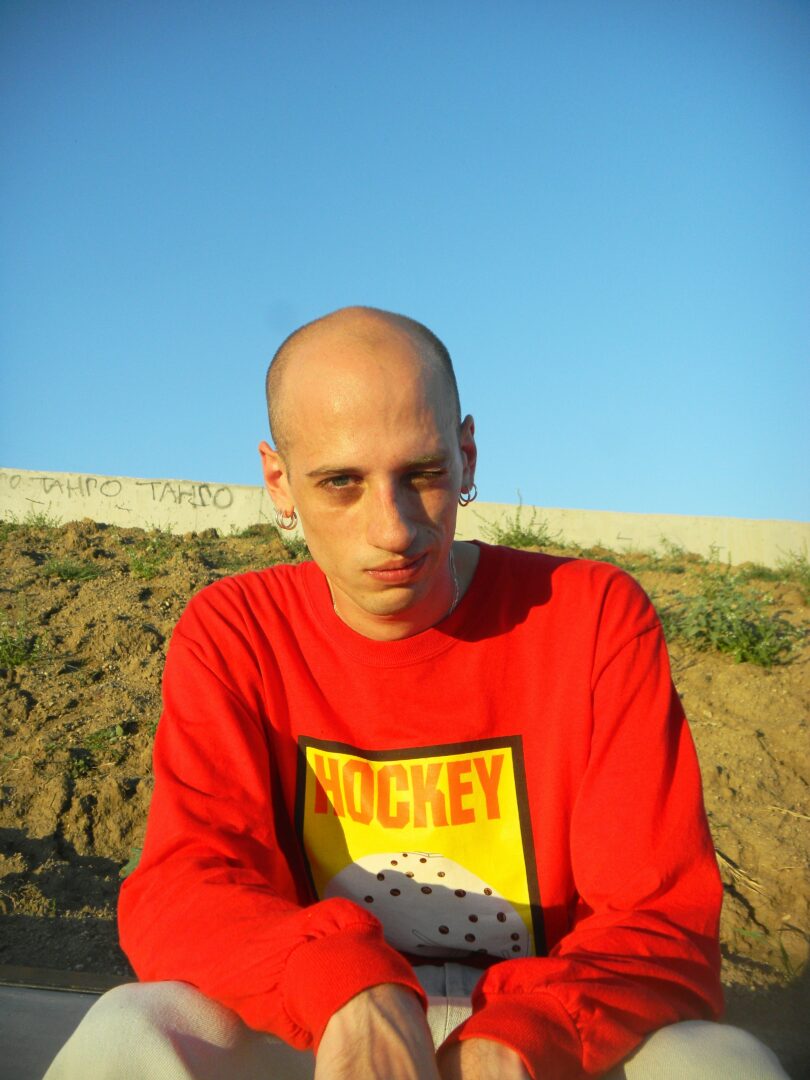We recently connected with Sandro Popkhadze and have shared our conversation below.
Sandro, so happy to have you with us today. You are such a creative person, but have you ever head any sort of creativity block along the way? If so, can you talk to us about how you overcame or beat it?
In writing lyrics for music or in doing sound design for film, there’s always a chance to get stuck creatively.
At least in music, usually, I can take as much time as I need, whereas in film, I have to meet deadlines. But in both of the cases I’ve learned a couple of methods that help me overcome creativity blocks.
One of the things that helps to prevent a standstill in my projects is to schedule my weeks or months in a way that every day starts and ends at the same time. The creation of a routine helps me to realize that I’m in a zone, where every output should be project-related. This after a while, creates a certain habit for my brain to say “Hey, it’s that time of a day when you’re usually creative, so let’s do it once again now!”.
Of course, that’s not always how it goes. When I get stuck on specific parts of the project, I try to work on other parts. Let’s say I’m unable to come up with a sound that helps the story in the opening scene of a film, I simply jump to any other part in the middle that seems more comfortable to work on. This way I forbid myself to stop and also make myself change the subject, so when I’m back to the opening scene, I can look at it with fresh eyes and ears.
Another way to overcome this would be to take a step back from what you struggle with and try to take an objective look at it by simplifying it, as sometimes we simply get too used to some of the ideas. If I get stuck on writing a chorus for a song, instead of trying to write it phrase by phrase or rhyming words with words, I just listen to the melody of the track, and ask myself, what’s the song about? What’s the emotion behind it? What emotion do I want to achieve with it? Once you simplify the objective, it becomes easier to come up with the solutions.
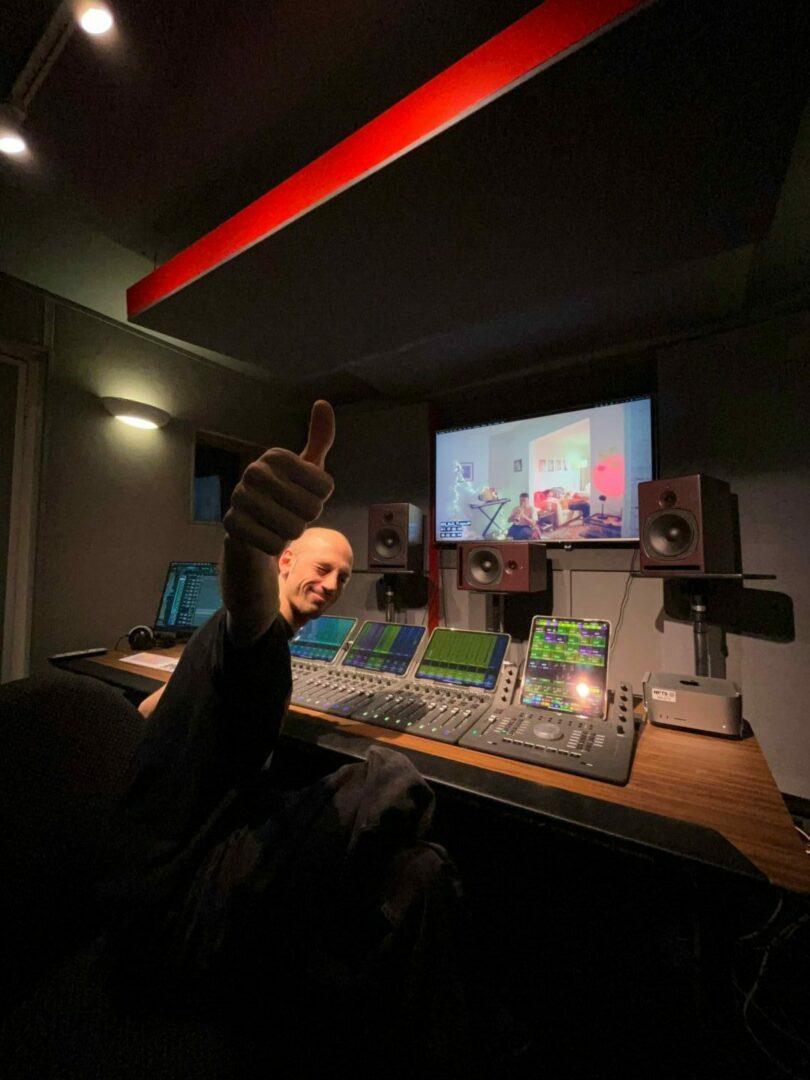
Let’s take a small detour – maybe you can share a bit about yourself before we dive back into some of the other questions we had for you?
My journey has started with skateboarding. Everything I do and the way I do it comes from it. The only way to be good at skateboarding is to practice and work on technicality and style, but it comes at the price of constant failure. Through countless times of falling to achieve a certain trick, you understand and accept that trial and error are a huge part of your life, and there’s no gratification if there’s no commitment. That’s why I believe that in any craft, I should push myself to the max, even if it takes hundreds of tries to get to the envisioned place. And once you get to that place, it’s time to move on to the bigger obstacle.
Another beauty of skateboarding is its community. It’s a sport that is inclusive of all, regardless of social or economic background, gender, race, or sexuality. This taught me how important it is to be around open-minded people, who accept each other because of their shared passion and build their relationship around that passion, pushing each other to get better at it. This is exactly how all of my best collaborations between musicians and filmmakers have happened. People who share similar artistic or stylistic views and are open to experimentation are the ones that make work more productive, engaging, and fun.
Looking at my profession, there’s another similarity with skateboarding. Usually, when you’re trying to land a trick, you’re locked in a zone, concentrating only on the execution, where nothing from the outside world can bother you. That’s the feeling I’ve been chasing in other areas and I found it while performing live on stage. It’s the moment when I concentrate on my performance, the audience’s engagement, and trying to match my delivery to the energy of the audience or vice versa. Nothing else enters that space, it’s just me, the music or the musicians, and the audience, locked in a zone where nothing but the emotions matter.
The same goes for sound in film. When creating a soundscape for a story, I always try to create an engaging zone for the audience to feel the emotions and get attached to the story.
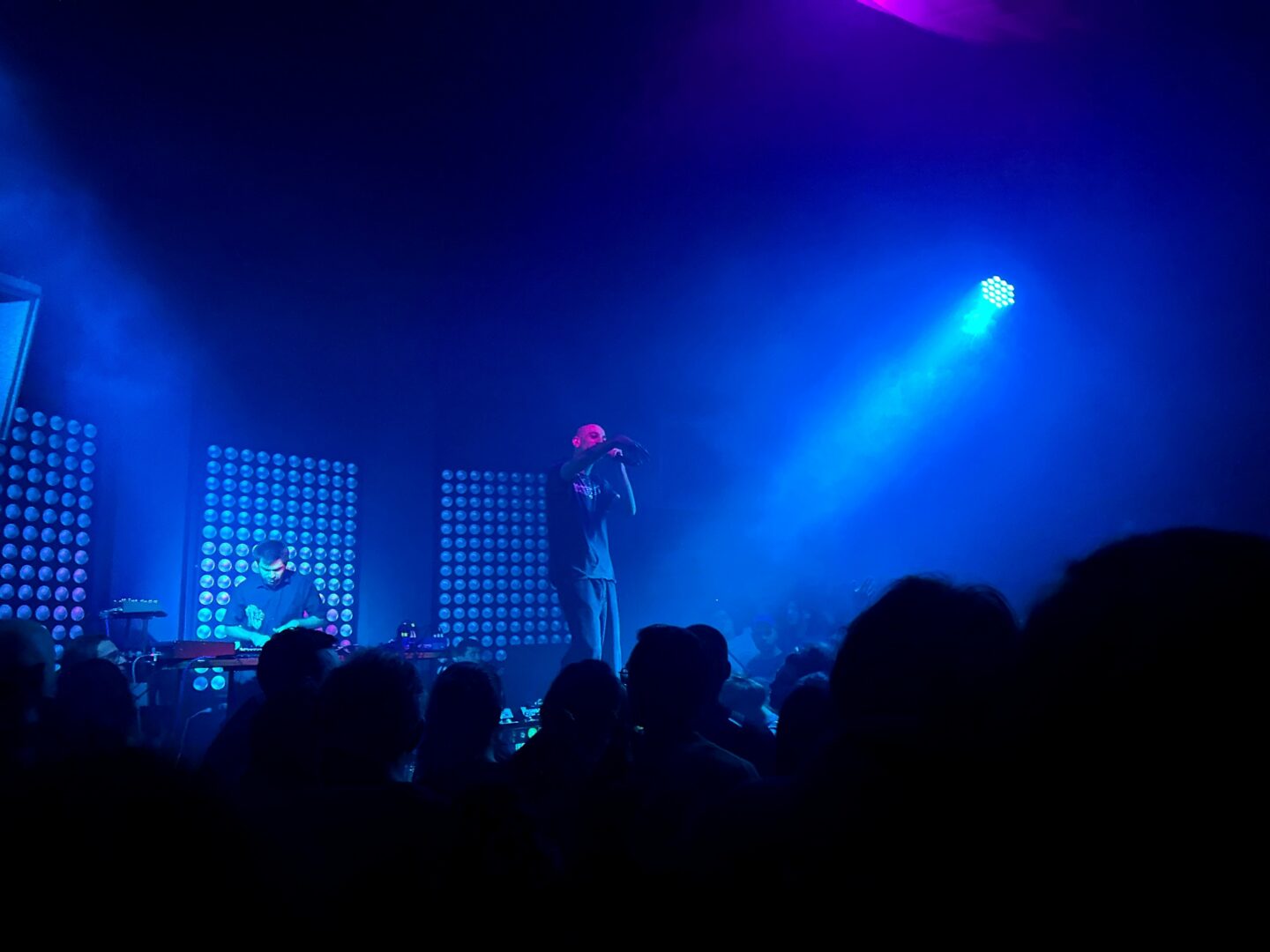
If you had to pick three qualities that are most important to develop, which three would you say matter most?
1. Storytelling and emotional insight:
Sound designers need to understand how sound influences emotions and narrative flow of the film. This includes recognising when to heighten the intensity, when to create subtle ambience, and how to manipulate sound to evoke specific emotional responses in the audience.
The best way to do it besides practice is to watch as many movies (preferably in theatres) and read as many books as possible, and analysing why did we feel a certain way in the certain moment.
2. Adaptability and collaboration:
I often work with different directors, editors and producers in film and different composers and producers in music. Being able to adapt to different styles, and respond to feedback, and collaborate harmoniously is essential, especially in dynamic and experimental settings where creativity thrives through teamwork. Always be open to people’s ideas, and if you disagree on something, find a solution or a middle ground together, so that all of the parties are happy with it. Accept that for the most of the time two brains are better than one and the more the merrier.
3. Technical proficiency:
Even though we all love doing creative work, there’s a large amount of work we do that requires technical knowledge and solutions. I think that audio engineering knowledge and mastery of sound software and hardware is crucial for achieving what you have envisioned quickly. A big part of it is also organisational, the projects should be set in a way that when per se a director wants to listen to a specific sound out of 100s, and asks to try something different, you should be able to quickly find that sound and also quickly be able to replace it with something else.
Same goes in music recording, if you want to achieve a certain sound on the vocals for example, you should know which mics and preamps to use, how to place them, and how to process them later on. If you have that knowledge and organisation, you’ll be able to pull off anything without wasting the precious time on technical aspects of the project, and jump straight in to the creative ones.
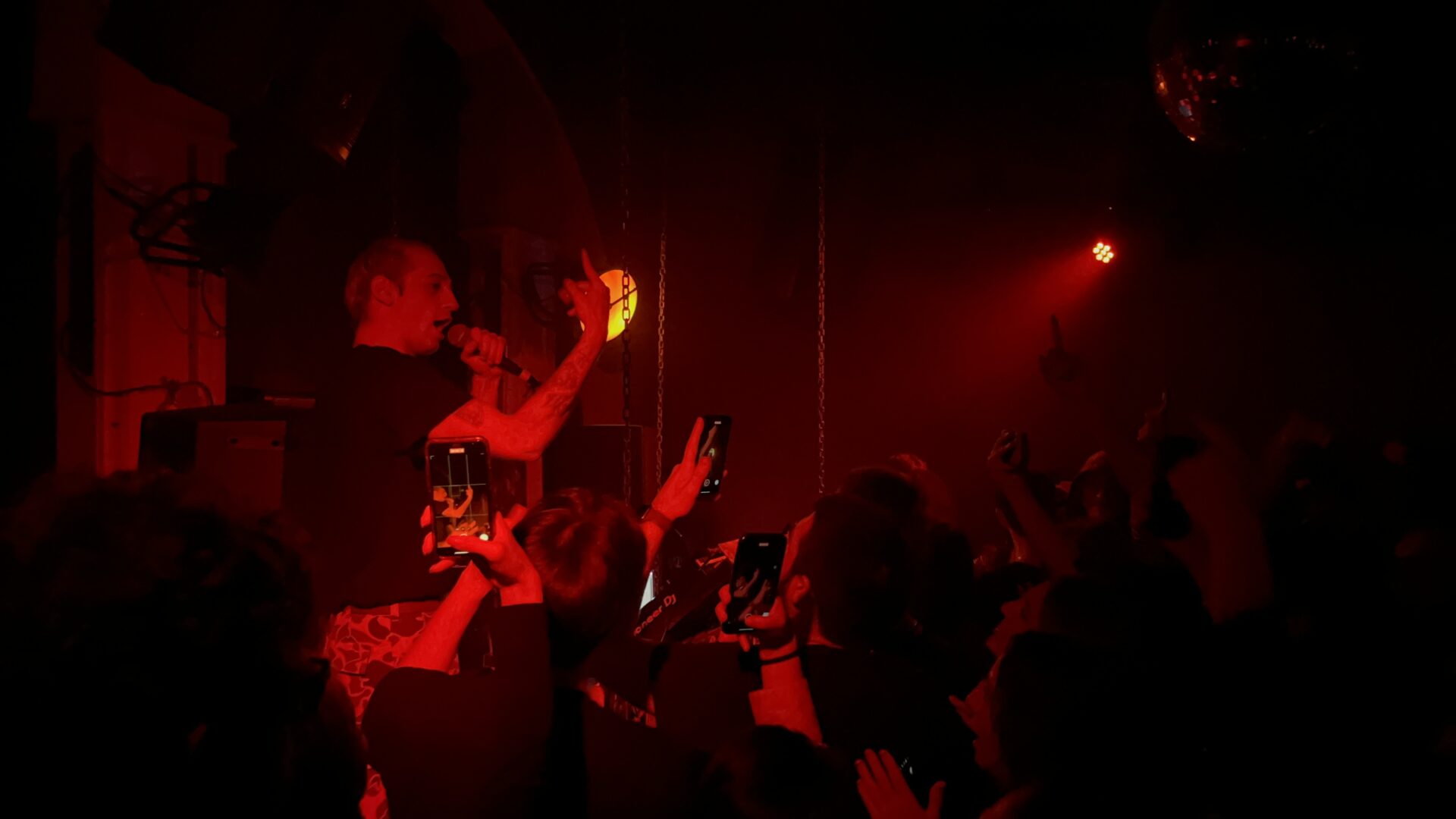
What’s been one of your main areas of growth this year?
In the past twelve months I’ve worked on multiple marvellous projects with great filmmakers and storytellers as a sound editor, sound designer and mixer. I have to say that through these projects, my biggest area of growth has been communication with different people and understanding of my role in their projects.
The sound designer has to understand the director’s aesthetic and emotional goals. Early discussions about the tone, mood and ambience are key to ensure that sound choices will fit with the intended narrative impact. Different directors will have different approaches to working on sound, and it’s up to us to find the best verbal way of discussing film’s narrative, emotions and feelings that we want to affect with sound.
Experimentation, openness and constant feedback is a huge part of it, as sometimes unexpected approaches can enhance the film in ways that we might not have initially envisioned. And if it doesn’t work, we can always return to the initial approach. That’s why I never say no to any of the ideas, as you can’t disagree with things if you heaven’t heard/seen yet. Plus trying ideas out will always be more gratifying than not trying them. All of the feedback is a good feedback, and if there are places that we disagree with, we need to remember that all of our decisions should be made to improve or help the story of the film.
Contact Info:
- Website: https://linktr.ee/dromoto
- Instagram: https://www.instagram.com/dromotooo
- Youtube: https://www.youtube.com/@DROmoto
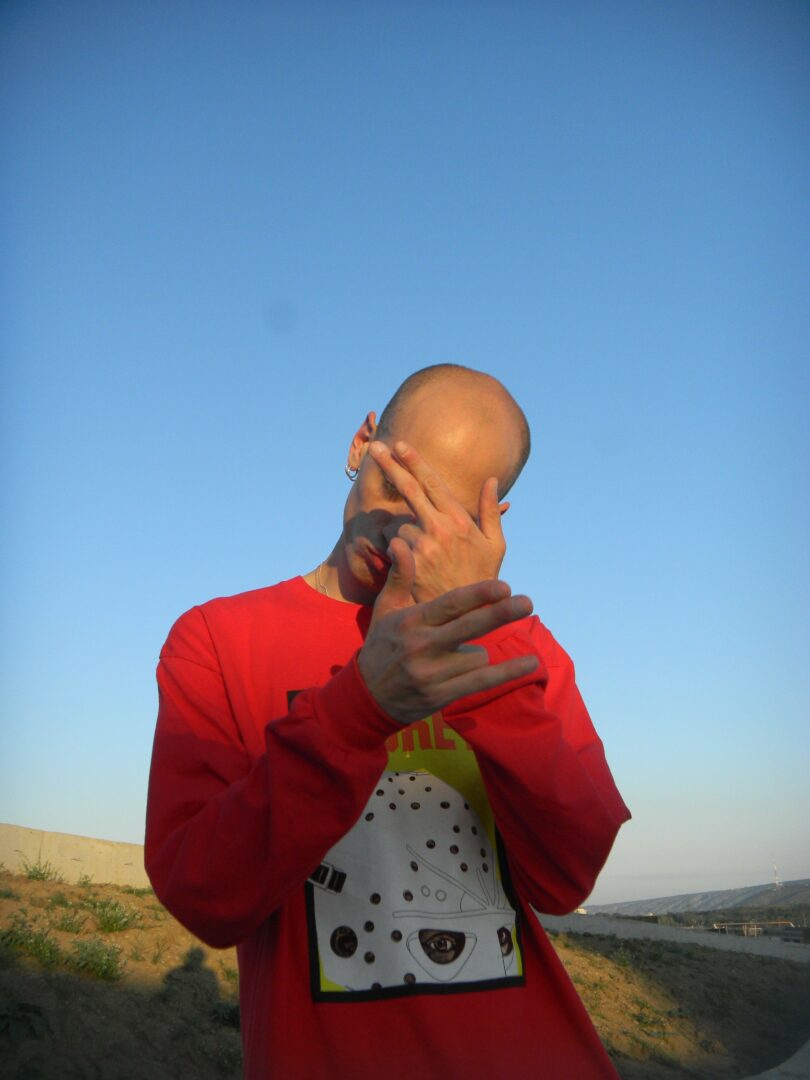
Image Credits
All photos by
Tako Skripnichenko
IMG_9736 – Kordz & DRO live performance at Mtkvarze
IMG_6518 – Kordz & DRO live performance at Reflector
so if you or someone you know deserves recognition please let us know here.

